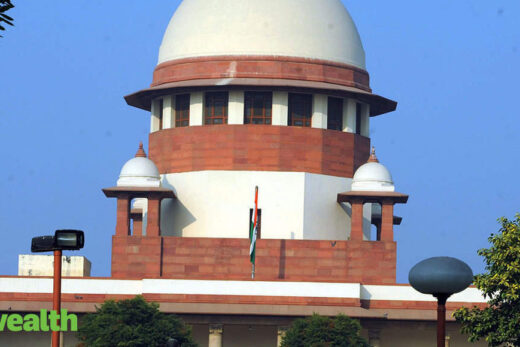The Sebi move comes after Oaktree, one of the bidders for stressed home financier DHFL, had mentioned in its resolution plan that it received AAA ratings from credit rating agencies should it have won the bid.
In January, Sebi sought a response from DHFL’s administrator regarding reports from a consultancy firm and credit rating agencies that supposedly backed Oaktree’s plan, with rating decisions that could influence the committee of creditors and investors. Rules didn’t allow indicative or advance ratings from credit rating agencies.
This loophole has now been plugged by Sebi, which defined strategic decisions as funding mix for a project, acquisition, debt restructuring, or scenario-analysis in loan refinancing.
“This was long coming given the regulatory experience in certain matters where provisional ratings were used like a ‘sales pitch’,” said Sumit Agrawal, founder, Regstreet Law, and a former Sebi officer.
“While the CRA Regulations prohibit advanced / indicative ratings, the credit of Rating Agencies is being used by competitive bidders under IBC Resolution process or debt-issuers in the guise of Credit Opinion discussions, Credit scenario analysis, indicative rating discussions and other make-believe documents,” Agrawal said. “While Sebi’s intent is to make the integrity and transparency of the credit ratings process effective, this circular may not be sufficient to bell the cat.”
The regulator also said provisional rating should be converted into a final rating within 90 days from the date of issuance of the debt instrument.
The final rating assigned after the end of 90 days should be consistent with the available documents, Sebi said.
An extension of 90 days may be granted on a case-to-case basis by the CRA’s rating committee in line with its policy.
“No CRA shall assign any provisional rating to a debt instrument upon the expiry of 180 days from the date of its issuance,” Sebi said.



